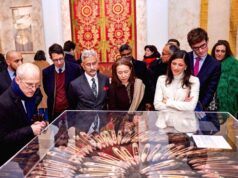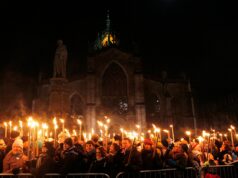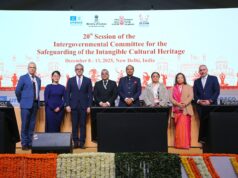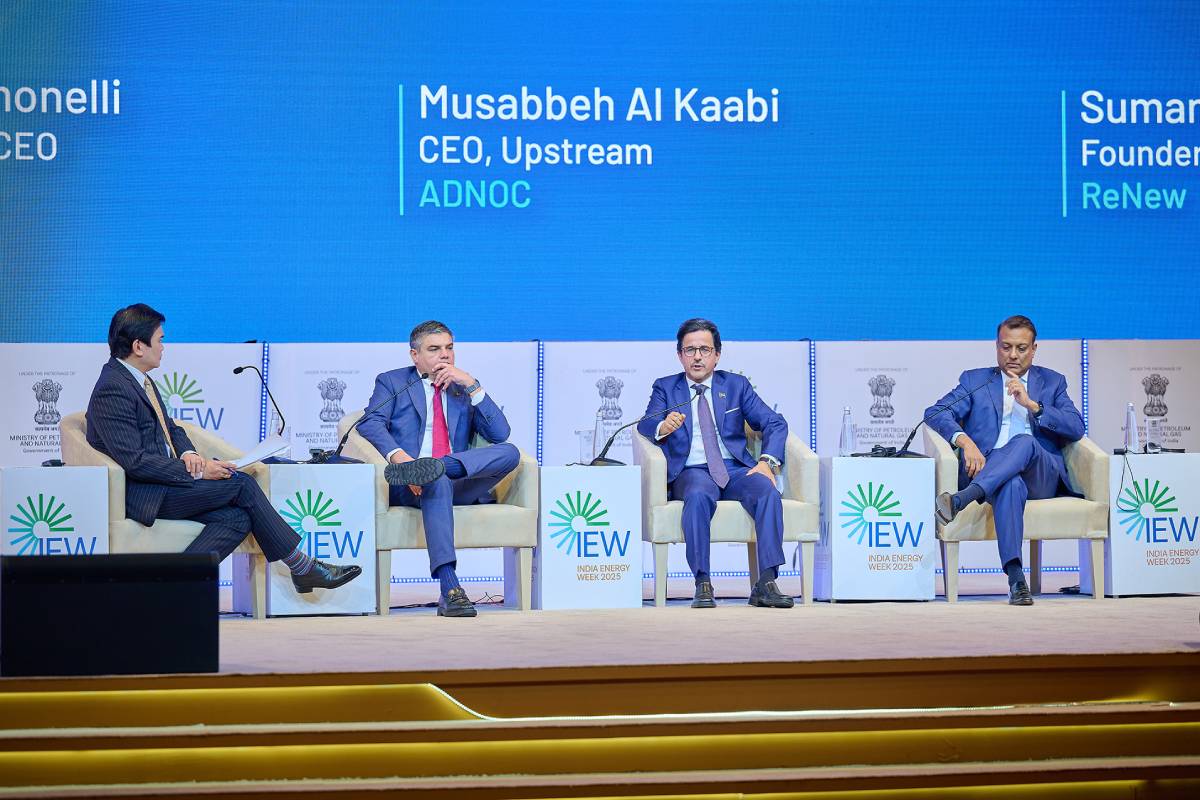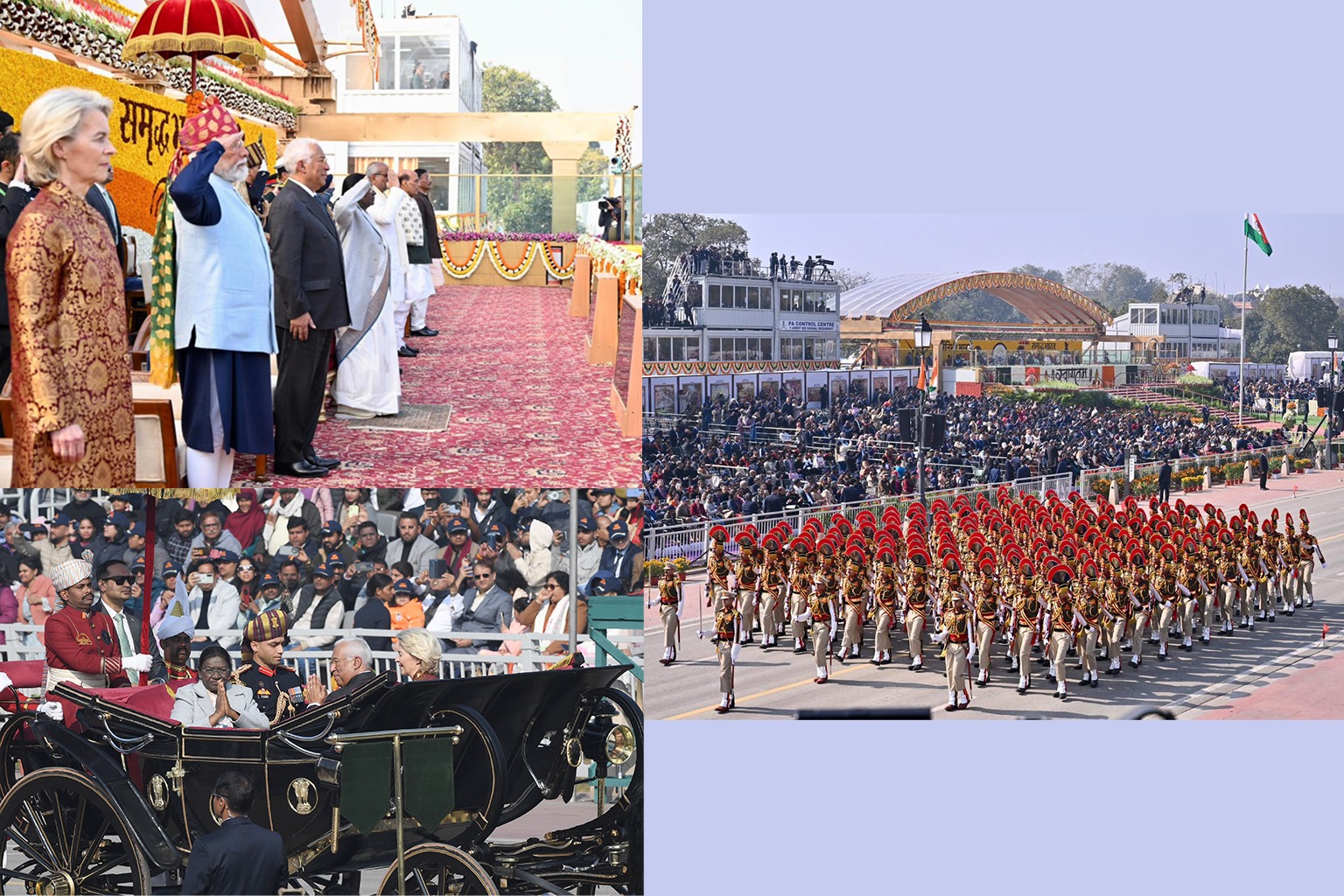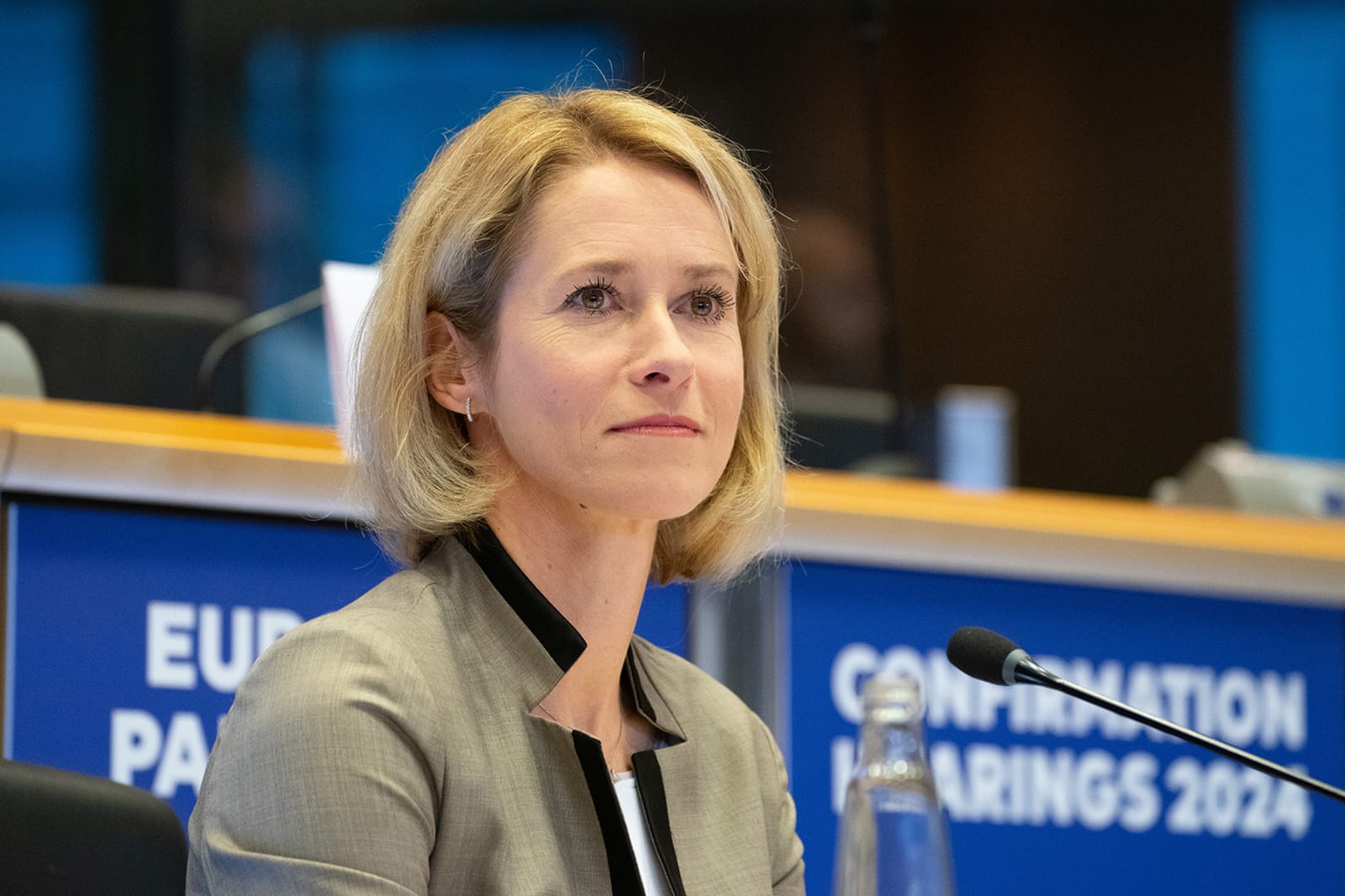Historical Ties: A Legacy of Shared Heritage
The cultural bond between Mauritius and India dates back to the 19th century. The migration began in 1834 when Indian immigrants, mainly from Bihar, Uttar Pradesh, Tamil Nadu, and Andhra Pradesh, brought with them their rich cultural traditions and languages.
Today, a majority of the Mauritian population is of Indian descent, and this demographic majority has resulted in a vibrant Indian cultural presence in Mauritius. The Indian immigrants have preserved their traditions and adapted themselves to their new environment, leading to a unique cultural blend. Festivals like Diwali, Holi, Eid, and Maha Shivratri are celebrated with great enthusiasm across the island, reflecting the enduring legacy of Indian culture.
The Role of Immigrants
The arrival of Indian immigrants marked the beginning of a new cultural era in Mauritius. These immigrants known as “Girmitiyas,” played a crucial role in shaping the social and cultural landscape of the island. They brought with them their culinary traditions, music, dance, and religious practices, which have become integral to Mauritian culture. For instance, Bhojpuri music and dance, along with traditional Indian garments like the sari and dhoti, are still prevalent in Mauritius.
The immigrants also contributed to the linguistic diversity of Mauritius. While the official languages of the island are English and French, Mauritian Creole, a French-based Creole, is widely spoken. Additionally, Indian languages such as Hindi, Bhojpuri, Tamil, Telugu, and Marathi are taught in schools and spoken within the Indian community. This linguistic diversity reflects the deep-rooted Indian influence on Mauritian culture.
Cultural Exchanges: A Celebration of Shared Traditions
Festivals and Celebrations
One of the most visible aspects of cultural cooperation between Mauritius and India is the celebration of Indian festivals. These festivals are not only celebrated by the Indian community but are embraced by the entire nation, showcasing the inclusive nature of Mauritian society. Diwali, the festival of lights, is a national holiday in Mauritius. During Diwali, homes and public places are adorned with lights and decorations, and families come together to celebrate with traditional sweets and fireworks. Holi, the festival of colors, is another major Indian festival celebrated with fervor in Mauritius. The joyous event involves people throwing colored powders at each other, dancing to traditional music, and enjoying festive foods. Holi serves as a reminder of the vibrant cultural heritage shared by Mauritius and India.
Maha Shivratri, dedicated to Lord Shiva, is one of the most significant Hindu festivals in Mauritius. Thousands of devotees participate in a pilgrimage to the sacred lake of Grand Bassin, carrying “kanwars” (decorated structures) and offering prayers. This festival highlights the spiritual connection between the two countries and underscores the importance of religious traditions in maintaining cultural ties.
Indian Cultural Center and Artistic Collaborations
The Indian Cultural Center (ICC) in Mauritius, established by the Indian government, plays a pivotal role in promoting cultural cooperation. The ICC offers classes in Indian classical music, dance, yoga, and languages, fostering a deeper understanding of Indian culture among Mauritians. The center also organizes cultural events, exhibitions, and performances, providing a platform for artistic exchange between Mauritian and Indian artists.
Artistic collaborations between the two countries are frequent and diverse. Mauritian and Indian artists regularly participate in cultural festivals and events hosted in both countries. These collaborations include joint performances, workshops, and exhibitions that celebrate the rich artistic traditions of both nations. The exchange of art forms, such as classical Indian dance styles like Bharatanatyam and Kathak, along with traditional Mauritian Sega dance, enhances mutual appreciation and understanding.


